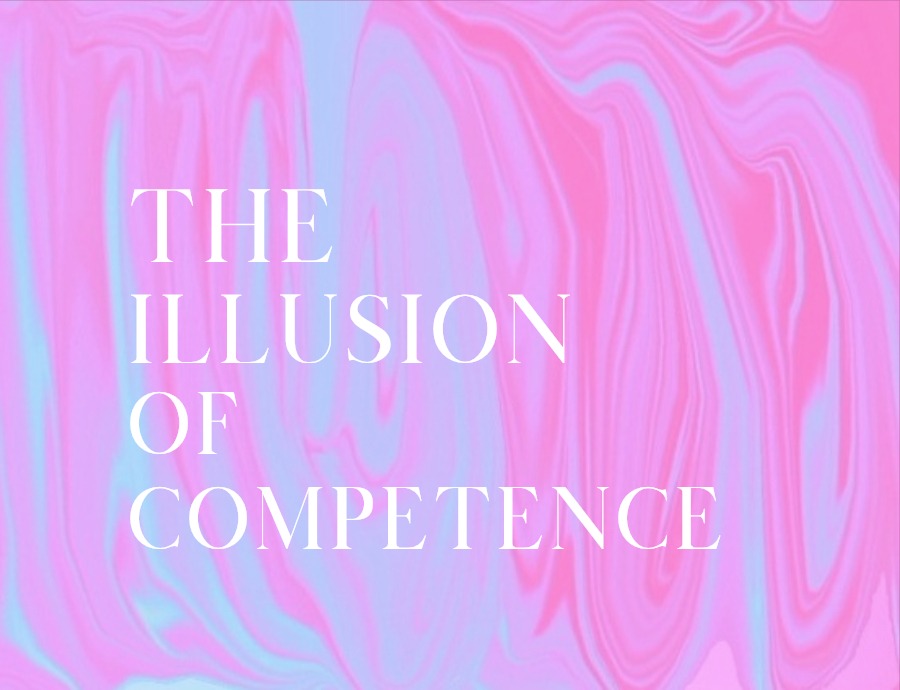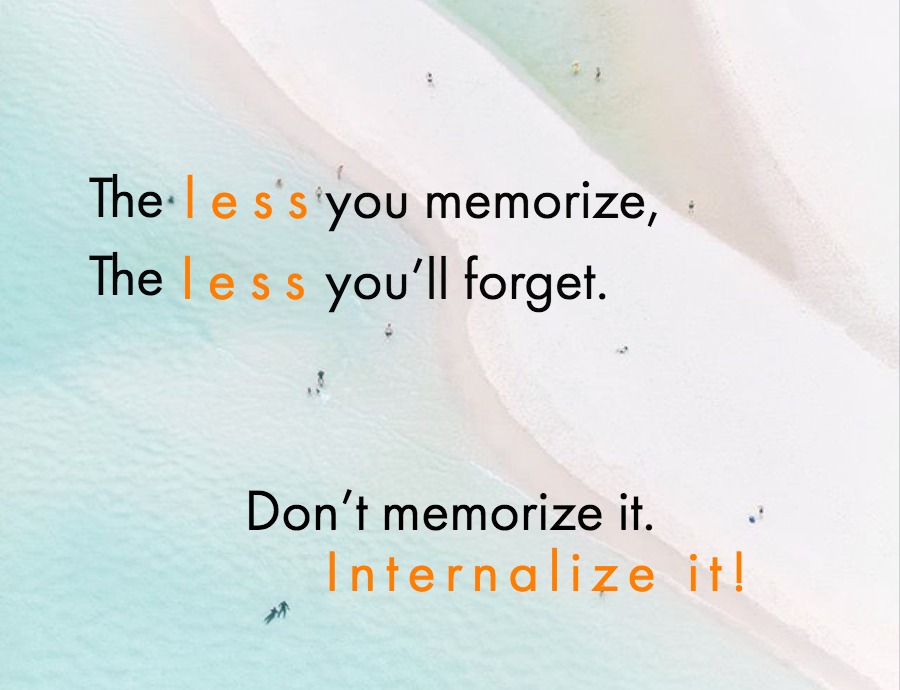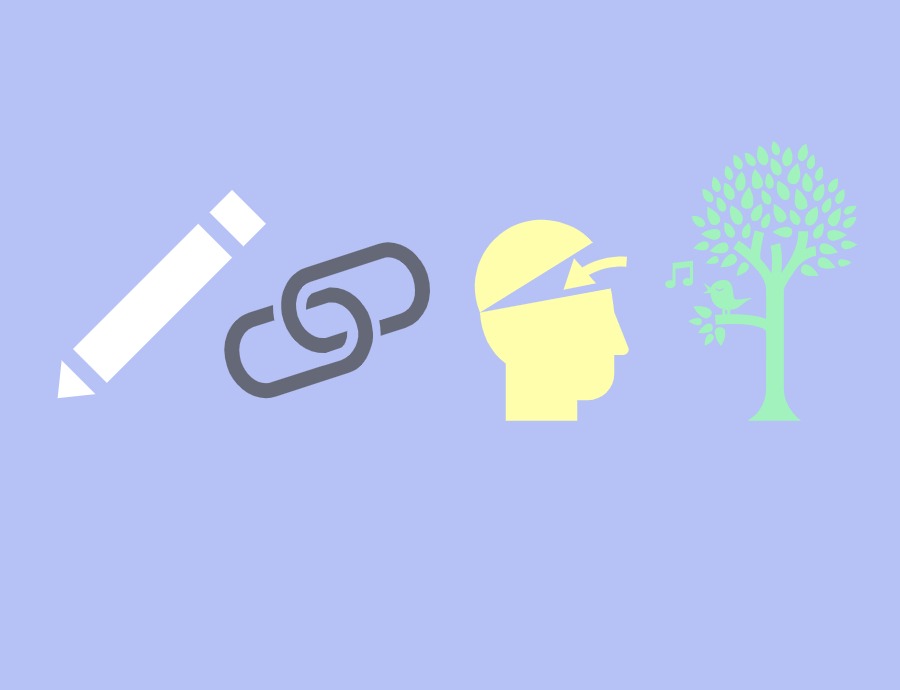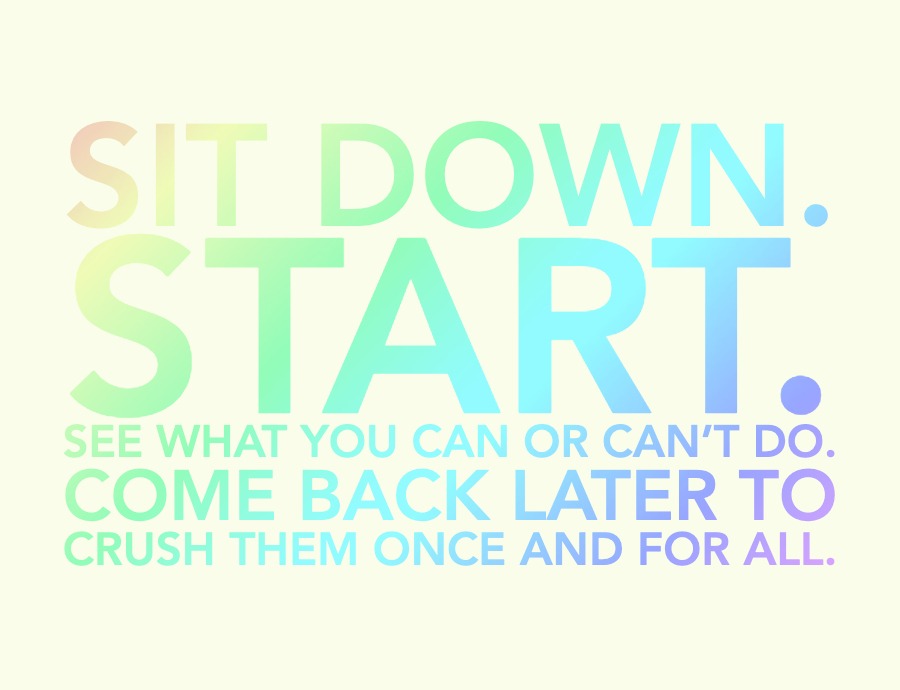When you follow along with a lecture, great professors make the information seem easy. As you’re reading, the material seems obvious. If you look at a solved problem, the steps look like no-brainers. It’s easy to trick yourself into thinking that you understand more than you do. This is often called the illusion of competence, and it tricks students into thinking they know more than they do, and can even trick them into thinking that they’ve aced tests they’ve bombed in reality. You can recognize the bias before it’s too late, however. You can avoid the trap.
What is the illusion of competence?
The illusion of competence is closely related to the confirmation bias: if we think that we know something, then we tend to over-respond to signs that we do understand, and under-respond to signs that we don’t. We tend not to notice crutches (if we can only answer questions with the solution nearby, for example, or if we only remember definitions while holding a flash card). It’s important to know the signs, and to look out for them in our own behaviour. It’s important not to fall into illusion of competence traps.
Common sources of the problem and how to recognize them
The illusion of competence can come from working only with study aides, or from revising passively, or from tricking ourselves into thinking that we’re working harder and more thoroughly than we really are. Try to avoid the following behaviours:
How we can beat the illusion of competence
To avoid these potential pit-falls, we need to test yourself honestly and thoroughly. As the tests and exams near, work actively, and, eventually, without crutches.
The biggest trap in studying is to pretend that you don’t need help. Make sure that you ask questions, and that you work until you understand the material.
What is the illusion of competence?
The illusion of competence is closely related to the confirmation bias: if we think that we know something, then we tend to over-respond to signs that we do understand, and under-respond to signs that we don’t. We tend not to notice crutches (if we can only answer questions with the solution nearby, for example, or if we only remember definitions while holding a flash card). It’s important to know the signs, and to look out for them in our own behaviour. It’s important not to fall into illusion of competence traps.
Common sources of the problem and how to recognize them
The illusion of competence can come from working only with study aides, or from revising passively, or from tricking ourselves into thinking that we’re working harder and more thoroughly than we really are. Try to avoid the following behaviours:
- Don’t focus on material that you know and understand, and avoid material with which you’re less comfortable.
- Don’t only solve problems with the solutions open in front of you.
- Don’t memorize definitions without writing them out or saying them out loud.
- Don’t wave aside questions without getting them answered
- Do assume that the most difficult to understand material will be on the test or exam.
How we can beat the illusion of competence
To avoid these potential pit-falls, we need to test yourself honestly and thoroughly. As the tests and exams near, work actively, and, eventually, without crutches.
- Study the material that you like the least or with which you’re the least comfortable, first.
- Don’t use the same sample questions over and over again – find newer and harder problems; try different techniques to solve them.
- Focus on the questions that you like the least and that you’ve struggled with the most.
- Write down definitions; don’t just think them.
- Write out all answers to practice problems, and write them in your own words.
- Write down all your questions as you work and study, and get those questions answered.
The biggest trap in studying is to pretend that you don’t need help. Make sure that you ask questions, and that you work until you understand the material.








